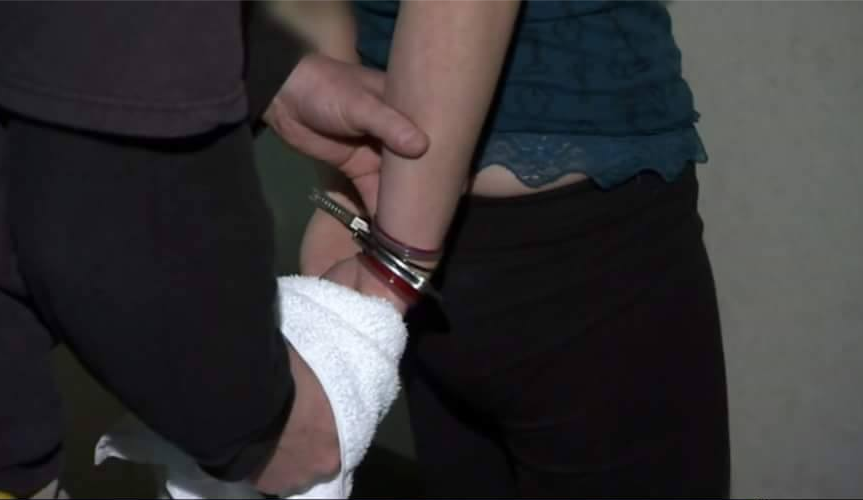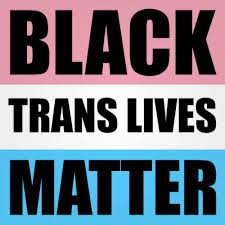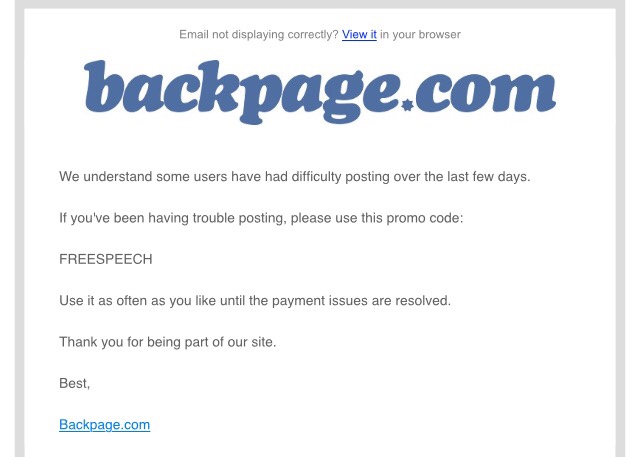In the FBI’s 2013 Uniform Crime Report, released in November 2014, Alaska reported 648 prostitution arrests: 1 juvenile and 647 adults. This number is up from 38 arrests in 2012 and 69 in 2011. How could prostitution arrests have jumped so much in just one year? They didn’t. Alaska maintains a report entitled Crime In… Continue reading 602 Imaginary Prostitutes Were Arrested in Alaska Three Years Ago
Category: Cops
Daniel Holtzclaw, Black Women, And The Myth of Police Protection
Content warning: this piece contains general discussion of rape. On his 29th birthday, December 10th, former Oklahoma City Police officer Daniel Holtzclaw, who targeted low income, criminalized Black women and girls for sexual assault while on duty, was found guilty of 18 of the 36 charges brought against him. He now faces up to 263… Continue reading Daniel Holtzclaw, Black Women, And The Myth of Police Protection
October 22nd And After: The Movement Against Police Violence And Black Sex Workers
Every year since 1995, thousands of people all over the world have joined forces in an effort to end police brutality, repression, and the criminalization of our lives. In America, yesterday, October 22nd, has become known as the National Day to End Police Brutality. These efforts were launched by the Revolutionary Communist Party, USA and… Continue reading October 22nd And After: The Movement Against Police Violence And Black Sex Workers
What The Rentboy Raid Tells Us About The Gendered Rhetoric Of Trafficking
Tuesday morning, Homeland Security and Brooklyn police raided the offices of Rentboy.com, arresting its CEO and several current and former workers, seizing six bank accounts, and freezing the website in what the U.S. Department of Justice’s press release bragged was a raid on the “largest online male escort service.” Coming right on the heels of… Continue reading What The Rentboy Raid Tells Us About The Gendered Rhetoric Of Trafficking
What the hell is going on with Backpage?
This week, after an informal request from a law enforcement officer, Visa and MasterCard announced that they would no longer let their cards be used to process payments to Backpage.com, the most widely used site for adult advertising in the United States. American Express had already pulled out earlier in the year. This leaves Bitcoin… Continue reading What the hell is going on with Backpage?




